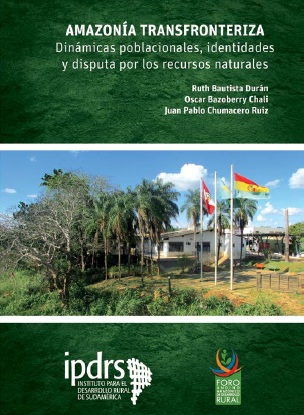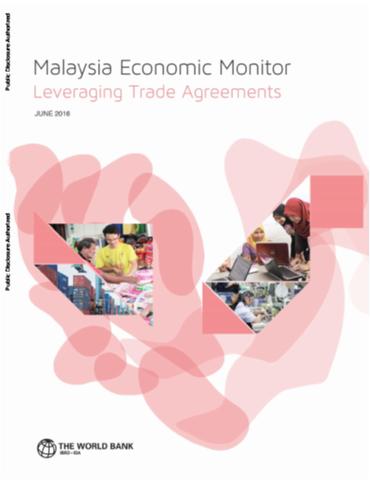Why property rights matter
It is widely accepted among economists and policy-makers that secure and well-defined land property rights are integral to poverty alleviation and economic prosperity. But how do legal systems, land tenure and economic development really relate to one another? Our author demonstrates the links using her latest research results from 146 countries.






